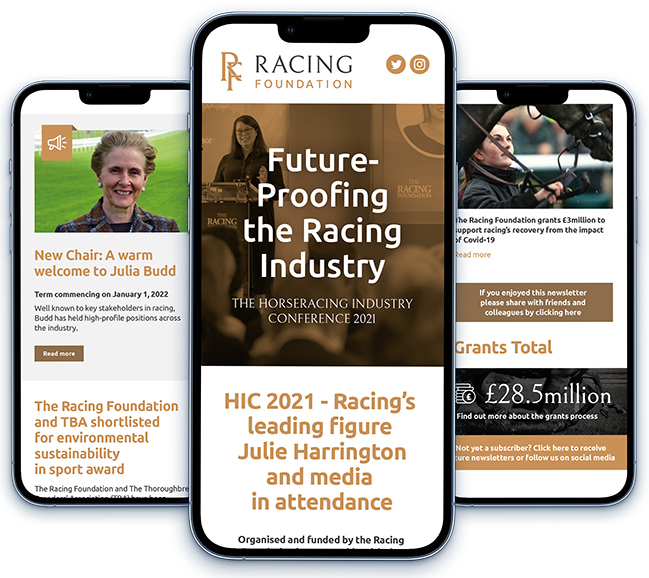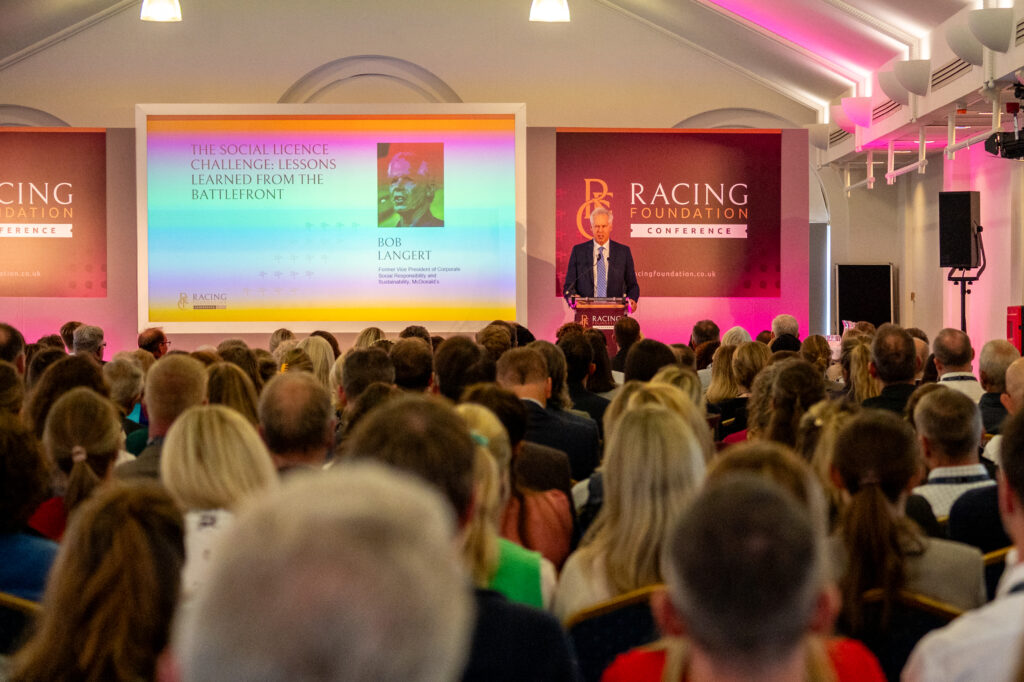Nevin Truesdale
Chief Executive Officer of the The Jockey Club
Nevin Truesdale has been leading the Jockey Club, one of the largest sport businesses in the UK which stages a number of iconic horseracing events including the Cheltenham Festival and Randox Grand National, as Group Chief Executive for over four years. He is stepping down as chief executive at the end of 2024.
During his tenure, Truesdale has led the organisation through a period of digital-based growth and transformation, diversified revenues and attracted new audiences to the country’s second largest spectator sport, welcoming nearly 2m people annually to the Jockey Club’s 15 racecourse venues.
Ahead of the 2024 running of the Randox Grand National, the Jockey Club announced substantial updates to the historic race, including reducing the maximum number of runners and moving the first fence 60 yards closer to the start to slow the early stages of the race.
The changes, which were seen as an influential example of protecting the sport's social licence by some stakeholders, were met with mixed reaction by others.
In his keynote talk, Truesdale will outline the factors contributing to the decision, implementation, managing stakeholder buy-in and how he foresees the rule changes contributing to the Grand National's licence to operate long-term.


